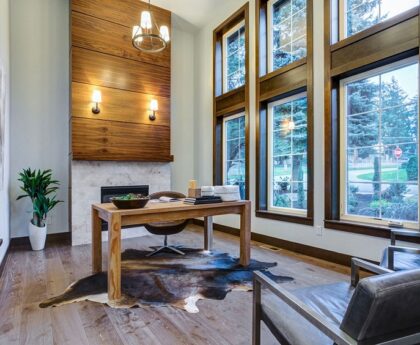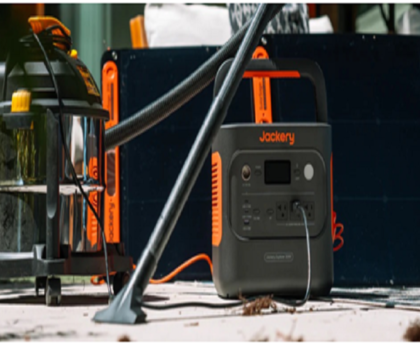Landscape challenges vary across Boise neighborhoods, such as North End, Southeast Boise, Harris Ranch, and West Bench. Some have soil drainage and snow load issues, while others have wind exposure and slopes. Choosing the right fence can be a struggle, especially because new subdivisions, such as those in West Boise or near Eagle Road, have HOA rules. There are also weather concerns to consider, especially given the harsh winters in Idaho.
If you talk to renowned fencing installers like Petrified Forest Boise, you will find three major choices: Wood, vinyl, and concrete. Technicians of Petrified Forest Boise usually recommend the third option for many benefits. In this guide, we are comparing all of them so that you can make an informed choice.
- Durability: Concrete certainly stands out in this aspect. Unlike wood, which is prone to warping, pests, and even rotting, concrete is better and will last for decades. Wood is a moderate choice and will need replacement after a decade, although options like treated or cedar wood can last longer. In comparison, vinyl is a better choice in that context because the material doesn’t rot and will not attract termites.
- Costs: If budget is your first concern, wood is a better choice with limited upfront costs, but keep in mind that maintenance, which includes sealing, pest inspections, and painting, will add to the overall costs. Vinyl is somewhere in between, but requires less maintenance than wood. Concrete has the highest initial cost, but there is almost no need for upkeep except for checks every few years.
- Maintenance: Concrete fences just need power washing, and you don’t even need professionals for that. If you keep an eye out for cracks, the upkeep is minimal. Wooden fences need painting and sealing, and you have to call exterminators to check for termites and carpenter ants. Selected boards may need replacement. Vinyl also ranks low on maintenance, but minor repairs may be necessary. Also, the material can lose color when exposed to the sun for many years.
- Aesthetics: Wood remains a top choice for this season alone. You can customize how your wooden fences will look, especially if you have rustic or wooded yards. Vinyl fences also come in many designs, including faux-wood textures, but many homeowners don’t like the plastic look. Contrary to what people believe, concrete is not boring, especially if you use precast concrete. You can still decide on decorative elements.
- Security & Privacy: Here, concrete wins because the material not only protects your home from intruders and prying eyes but also dampens external noise. Wood offers good privacy, too, but gaps may develop with time. Also, wood doesn’t work well for noise reduction. Vinyl is comparable to wood in that context and doesn’t have the sound-blocking qualities.
- Weather Resistance: Many fence installers in Boise recommend concrete because of how the material resists wind, snow, and moisture. These are typical concerns in winter, and wood and vinyl cannot always offer the same benefits. Vinyl, in particular, is impractical in the long run, considering summers are getting warmer.
- Installation: Wooden fences are much easier to install, even when there are site irregularities or slopes. Vinyl is again in the middle, because installation doesn’t require extensive work, but framing and support are critical for windy areas. Concrete is heavy and requires solid foundation work and site preparation. Also, you may need permissions if you want taller fences of concrete.
So, which one should you choose? It all depends on your budget, whether you want to spend on upkeep, and what advantages matter the most to you. If you choose the right fence installer in Boise, you can discuss all three options in detail.





